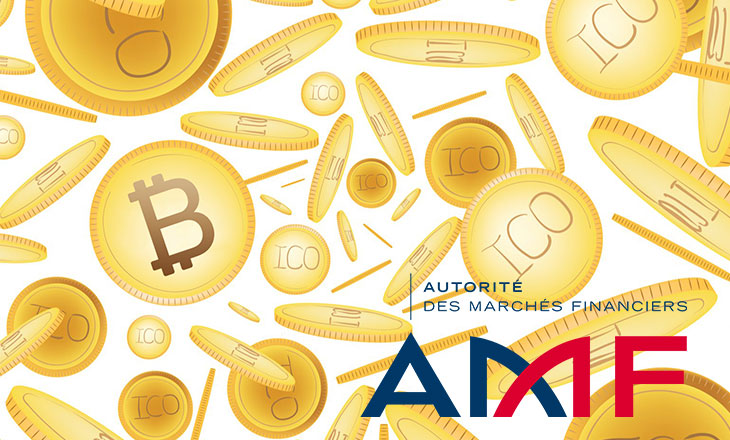In view of the absence of specific regulations governing all new fundraising activity based on cryptocurrencies and Blockchain technology, the French Autorité des Marchés Financiers (AMF) informed that it wishes to gather the views of stakeholders on the different means of supervision and launches a programme involving the support and analysis of these transactions, called UNICORN (Universal Node to ICO’s Research & Network).
In just over a year, a new type of fundraising in the form of initial coin offerings (ICOs) has emerged. The issuing of tokens, which rely on both the use of cryptocurrencies and Blockchain technology, aim to finance specific technology projects initiated by an enterprise or a community of developers.
During an ICO transaction, participants receive tokens issued by the project initiator(s), in exchange for their investment in cryptocurrency or legal tender. Depending on the transactions observed, these tokens do not automatically confer the same rights on their purchasers (user rights on services developed, financial and/or governance rights on the project, etc.).
Risky transactions reserved for an informed public
The AMF specifies that ICO transactions are intended to finance technological projects at an early stage of their development. Purchasing tokens requires a good understanding of the nature of these projects, the underlying technology and the related risks. This type of fundraising is by nature intended for a technologically-oriented and informed audience. The tokens issued during these transactions have different characteristics specific to each transaction, and it is essential to be informed about the nature of the token issued, what it represents for the enterprise that issues it, and the related risks and benefits.
The AMF also emphasises that the ICOs involve high risks:
- Absence of specific regulation;
- Risks related to the information documents;
- Risk of loss of capital;
- Risks of volatility or the lack of a market;
- Risk of money-laundering and scams;
- Risks associated with the projects financed.
Three possible ways forward for regulation
As part of its actions and follow-up in terms of innovation, the AMF has carried out an initial high-level study of these transactions and their legal implications. This first assessment indicates that while some of the ICOs identified may be covered by existing legal provisions (regulation applicable to intermediaries in miscellaneous assets, to the public offering of financial securities, or to managers of alternative investment funds, in particular), most of these issues would fall, in the current state of the law, outside of any regulation for which the AMF ensures compliance.
It is in this context, and in a forward-looking approach, that the AMF publishes its consultation document in which three options for supervising ICOs are envisaged:
- Promote best practices without changing existing legislation;
- Extend the scope of existing texts to treat ICOs as public offerings of securities;
- Propose ad hoc legislation adapted to ICOs.
A support and research programme
The AMF, considering that certain forms of ICOs might in the future constitute an alternative mode of financing for a segment of the economy related to Blockchain technology, is launching a digital-asset fundraising accompaniment and research programme. Called UNICORN (for “Universal Node to ICO’s Research & Network”), this progamme, in parallel with the reflection on possible ways forward for regulation, aims to offer initiators of these projects a framework allowing for development of their transactions, and to ensure the protection of players and purchasers wishing to participate.
Under this innovative programme, the AMF will meet with the initiators of different types of projects (French or foreign entrepreneurs and their advisors), which will allow it to deepen its legal and economic expertise of the transactions carried out and their implications for the traditional economy. The AMF also intends to encourage academic research on this subject and will publish an initial impact analysis of these new forms of financing in one year’s time.
